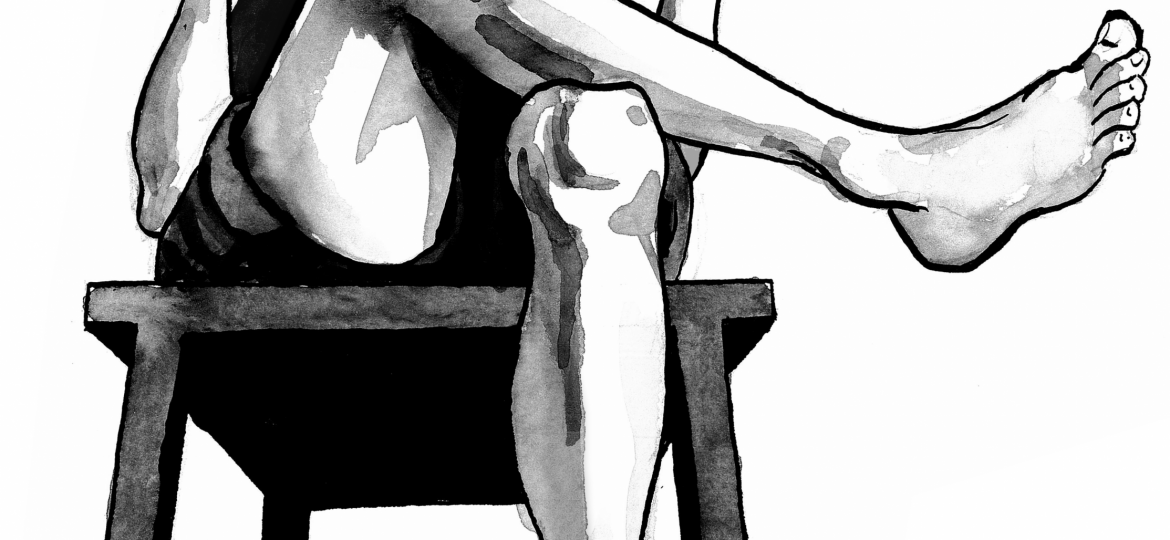
Ocean Vuong speaks in a language of mourning. The mourning of his childhood, his displacement, and — now, more poignantly than ever — his mother.
Though still quite a young feature of the literary community, he is a feature nonetheless. Vuong’s first full poetry collection, “Night Sky with Exit Wounds,” won him the prestigious T.S. Eliot Prize for Poetry before his first novel, “On Earth We’re Briefly Gorgeous.” The collection became a regular fixture on the New York Times bestsellers list and long- and shortlists for literary prizes the world over. This success has come in addition to receiving a 2019 MacArthur Genius Grant and earning tenure in creative writing at NYU.
Vuong was born in Vietnam and forced to flee via refugee camps when he was only two, eventually landing in Hartford, Conn., where he and his family scraped by splitting an apartment among several relatives. Most of his family couldn’t read, and Vuong himself didn’t learn until he was 11. From these humble beginnings, one might almost be tempted to claim that his success is a marker of how far he has come. However, this childhood is the very nucleus of his writing and subsequent success. His poetry and prose offer extended looks into a past that he appreciates, fears, and even yearns for, all witnessed in a language of searing honesty and vulnerability. Common motifs in his works include the sacrifices of his mother and grandmother as they forged new lives in a harsh American cultural climate and his own experiences as a reserved and confused youth coming to terms with his sexuality and minority status. Despite its trauma, Vuong’s past keeps him rooted in the world, a Rosetta Stone for understanding his past as a cathartic purging and as an emblem of his family’s love. It’s fitting, then, that his most extensive work, “On Earth,” is framed as a letter to his illiterate mother and begins with the disarmingly honest statement of intent, “Let me begin again.”
His latest collection, “Time Is a Mother,” continues in the same wistful vein. Its poems were largely written following the death of his mother from breast cancer and her ubiquitous role in his previous writing reaches a heart-wrenching crescendo, culminating in the penultimate poem, an eight-page elegy entitled “Dear Rose.” Vuong is a master of the specific made universal, and his meditations on his time with his mother can resonate with any reader as a simultaneous farewell-greeting to lost loved ones. With true, trademark self-awareness, Vuong begins the poem, “Let me begin again.”
Vuong asks a lot of his readers emotionally, but as with any great artist, these efforts are met with exponential returns. His aren’t the musings of long-deceased, so-called “canonical” poets, but the reflections of an individual who knows acutely how our modern world can both harm and console.

